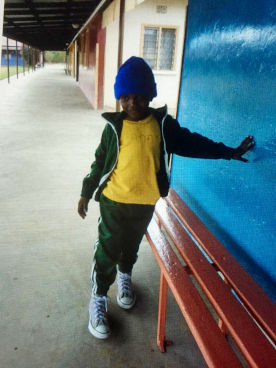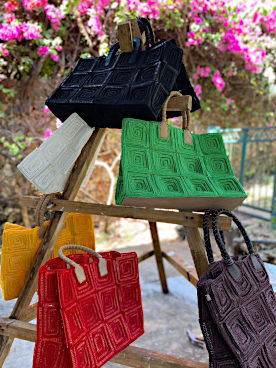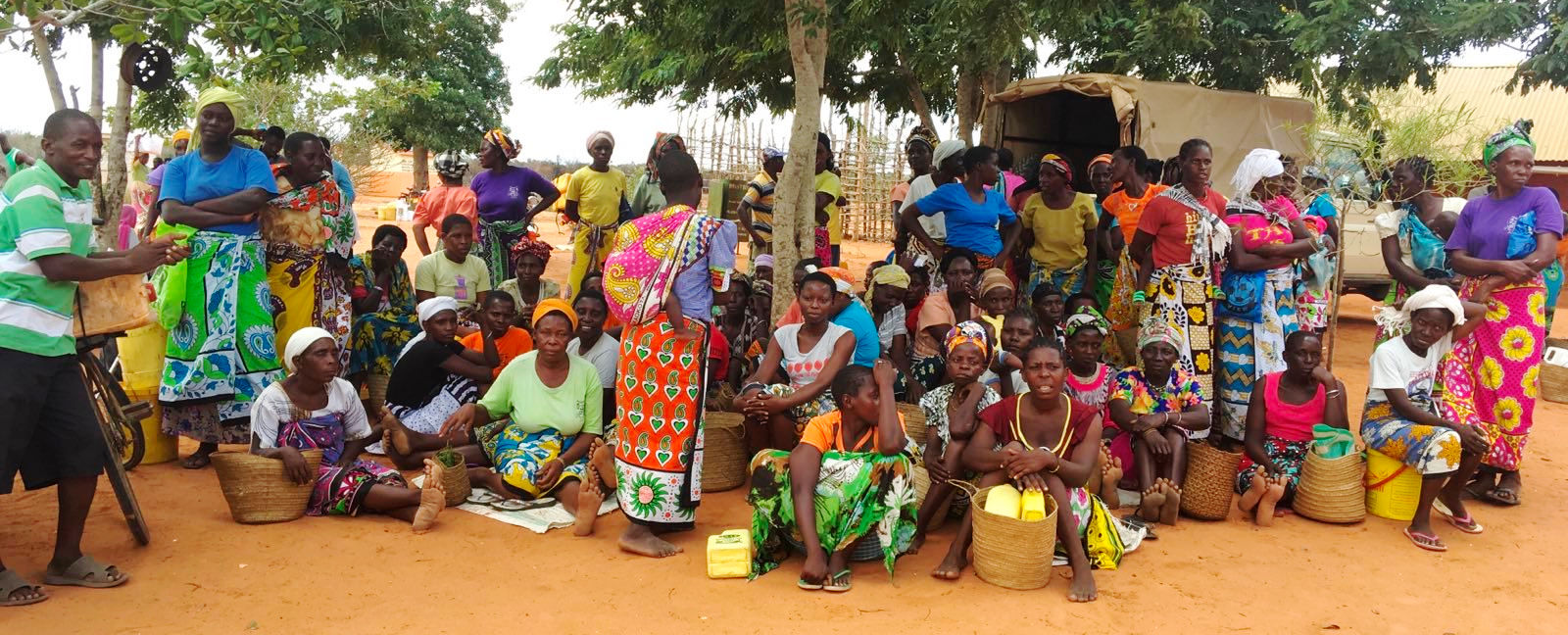About
Mondo Solidale was established approximately five years ago through the initiative of the current president of the non-profit organization, Rita Valentini.
While spending extended periods in Kenya, she came into contact with rural realities characterized by extreme poverty and deep distress. It was impossible not to become entangled in the web woven by diseases and, above all, hunger when it was the children who were the victims.
She began with personal interventions, providing food support to the orphanages she had been in contact with, and extending support, especially to children with severe physical deformities.
Over the years, the scope of their actions expanded, leading her to acknowledge that working individually would have had too many limitations.
From that acquired awareness, the realization of a non-profit association was born, with the personal objective of channeling "all" the received donations directly to the projects. ZERO EXPENSES, ZERO COSTS, ZERO WASTE. It's not a utopia; it's reality.
Passion, our work offered for free, and the support of many friends who know and believe in us by our side. Ideas, creativity, and HEART, to face the everyday stories, stories that don't make noise, always with the hope of a happy ending.
 We could tell you the story of Adam, born with a severe deformity in his lower limbs, rejected by his father at birth, and ending up in the clutches of a local racket exploiting disabled children.
We could tell you the story of Adam, born with a severe deformity in his lower limbs, rejected by his father at birth, and ending up in the clutches of a local racket exploiting disabled children.
The mother, with two younger daughters to feed, was deceived with the promise of help. She had entrusted the child to strangers. She had lost him from the moment he became a hostage in a distant village. Hungry and disoriented, he lived in a condition of semi-slavery. We found him like that, tears in his eyes and two leather clogs stuck to his knees.
They wanted us to believe that he needed that type of shoes and much more that we were not willing to provide. In fact, the following day, after finding the mother, we went to reclaim the child. It was a risky but decisive action.
We were there for him, snatching him from the racket and reuniting him with his family. Shortly after, Adam's mother, a kind and smiling woman, passed away. As often happens in these parts, the cause of death is unknown.
We brought the child to Naro Moru, a 16-hour bus ride from Malindi, where he was operated on by a team of Italian doctors who come twice a year to help children like Adam. He was only 6 years old, a brave little boy of few words. The post-operative recovery and rehabilitation after the amputation of his lower limbs lasted about a year. We committed to supporting the expenses of his education because we didn't want him to become a shadow without identity and without a future.
We could tell you about Morris, born with a cleft palate with no chance of survival. When we found him, he was already severely anemic. We accompanied him throughout the process, first with nutritional support and then with surgery. Today, he is a healthy child, and he wouldn't have made it without us.
Little Sauda, beautiful, with a mild case of Down syndrome, flew away instead. Her life slipped through our fingers due to a domestic accident. The kerosene lamp that her mother used in the hut they lived in fell on her, instantly setting fire to her synthetic dress. We tried everything, phytostimulines, fatty dressings, because every time the doctors changed the bandages, they ripped everything off, causing her immense suffering.
All this happened just when we had scheduled a visit with the cardiologist.
Because this is Africa, and it always remains Africa. There is a white Africa and a black Africa, with no shades in between. Here, everything is either sweet or bitter.
We could tell you about our school among the clouds, accommodating 400 students, the Saint Matesha Junior School, located in one of the poorest areas of the city, a slum within a slum, Soweto. It was built with a focus on recycling and an educational program on waste separation. Currently, we are building a cafeteria to ensure that all children have meals. During a visit to the school, we found them all sitting, one was eating while the companion sitting next to them was not, as for their family, that snack was a luxury they couldn't afford. So, impoverished 3-4-year-old children looked on.
We awarded 30 scholarships to the most deserving students and started a program to promote the Italian language.
We could also tell you how we adopted an entire village. After a devastating flood, they had lost everything. Houses, animals... Mkondoni was no more.
 We could narrate the story of when we supported 1560 people with significant food and water assistance during a terrible drought.
We could narrate the story of when we supported 1560 people with significant food and water assistance during a terrible drought.
6,700 kg of maize flour, 2,600 kg of beans, 3 liters of oil per family, sugar, and salt. 260 families were involved.
Along the rough path to the villages of Changoto, Masa, Baraka Jembe, Dzitshue, we found poor yellow jerry cans in the small muddy puddles. Extracting a drop from the mud to nourish a glimmer of hope for survival. Even there, the children were the first to suffer from dysentery and eye problems.
We could talk about Rehab, who remained in a coma for 3 months and unfortunately never woke up. She was the mother of a 3-year-old girl. At the border with Somalia, the family requested help with the supply of Ensure, artificial nutrition, and an anti-decubitus mattress, which the president of the MSO association personally delivered.
We could mention the Bottle House in Malindi, constructed using hundreds of plastic bottles to accommodate a local family.
We would also like to share a beautiful story of rebirth. We take pride in having created a working group dedicated to recycling plastics for the production of fashion items.
The objects, the bags, are made from recycled plastics. We used motor oil jerry cans for black, yogurt bottles for pink, jik (bleach) is white, and vegetable oil is yellow... and so on.
The plastic is recovered, sanitized, and dried under the African sun.
We aim to expand the family by including other artisans in order to create the conditions for collaboration and ingenuity to give life to a more ambitious project. We would like to combine the wisdom and experience that has always been part of Italian cultural heritage and transpose it into a small African village.
Mondo Solidale takes willing and talented individuals by the hand to walk a stretch of road together, guiding them towards autonomy and success. We lay the groundwork to receive orders from commercial activities and professionals in the fashion and/or interior design industry.
In the end, each individual will know how to collaborate with others, be able to achieve full autonomy, teach others, and be an example for their own family and children. The rescue action is immediate and serves as an end in itself. Accompanying, educating, and empowering make people free and aware. At Mondo Solidale, we believe in this and work to emancipate women and men, helping women avoid being subjected to selfish and violent men, and men avoid becoming victims of alcohol and drugs.
It is a winding path, but the results are coming. We feel part of a great family.
Our heart beats strongly, sometimes white, sometimes black. It is for everyone and has become immense to embrace the life and stories of each individual.
Mondo Solidale's Code of Ethics

